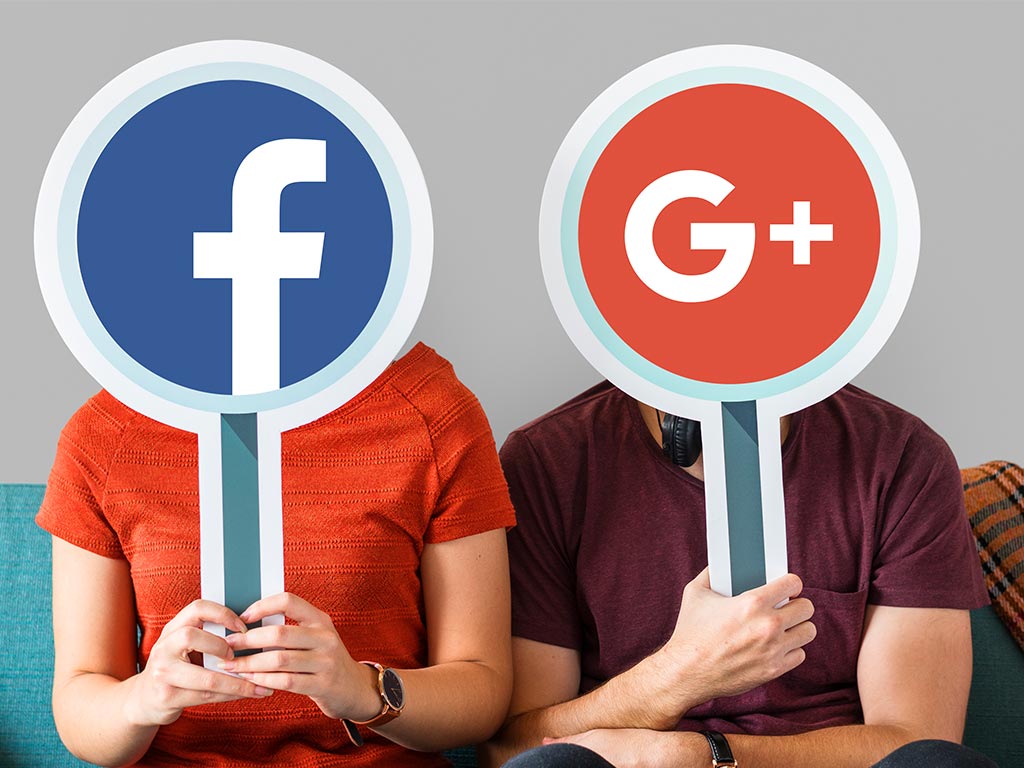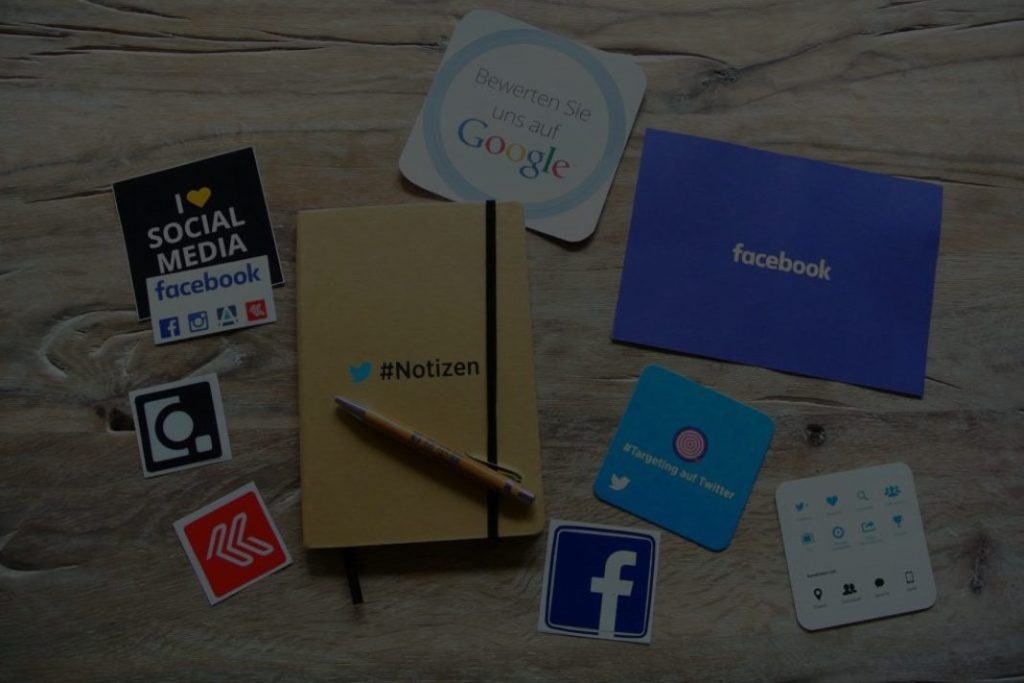The latest Facebook ads vs Google ads outcomes?
A thorough comparison of the effectiveness and Facebook Ads Vs Google Ads’ outcomes along with the successful case studies for the same.

Facebook Ads and Google Ads are two of the most popular forms of digital advertising. Facebook Ads allow businesses to advertise on the Facebook platform and its associated apps, while Google Ads allows businesses to advertise on Google’s search engine results pages and other Google-owned platforms.
Digital advertising is an essential component of modern marketing strategies. It allows businesses to reach a vast audience and target specific demographics with their advertising messages. Digital advertising can also be highly cost-effective, with many platforms offering tools to track and measure the success of campaigns in real-time.
The purpose of this blog is to compare the effectiveness and Facebook Ads Vs Google Ads’ outcomes. We will explore the dos and don’ts of each platform, their impact on business success, and provide practical tips and tricks on how to implement both in the best possible way. Also examined will be the case studies of businesses that have successfully used Facebook Ads Vs Google Ads outcomes to their advantage and make a case for their utility and preference in the coming times.
Facebook Ads
Facebook Ads is a digital advertising platform that allows businesses to promote their products or services on Facebook and its associated apps. The platform allows businesses to target specific demographics, interests, and behaviors to reach a wider audience and increase brand awareness.
Dos and don’ts of Facebook Ads: Dos:
Dos:
- Define your target audience and tailor your ads accordingly.
- Use eye-catching visuals and engaging copy to capture the attention of users.
- Use video ads to increase engagement and brand awareness.
- Use Facebook’s built-in tools to track and measure the success of your campaigns.
Don’ts:
- Don’t create generic ads that do not resonate with your target audience.
- Don’t use too much text in your visuals as Facebook penalizes such ads.
- Don’t over-target your audience, as this can lead to ad fatigue and decreased engagement.
- Don’t ignore negative feedback or comments as it can damage your brand’s reputation.
Facebook Ads can be highly effective in increasing brand awareness, generating leads, and driving sales. The platform has a vast user base and offers businesses the ability to target specific demographics and interests. Additionally, Facebook Ads can be highly cost-effective, with businesses only paying for the clicks or impressions their ads receive.
Practical usage tips and tricks for Facebook Ads outcomes:
- Use carousel ads to showcase multiple products or services.
- Utilize retargeting ads to reach users who have already shown an interest in your brand.
- Experiment with different ad formats and placements to determine what works best for your brand.
- Use Facebook Pixel to track and measure the success of your campaigns and make data-driven decisions.
- One example of a business that successfully used Facebook Ads is The Honest Company, which used Facebook Ads to reach a wider audience and promote its eco-friendly and organic products.
By targeting specific demographics and interests, The Honest Company was able to increase brand awareness and drive sales through its Facebook Ads campaigns. The company also used retargeting ads to reach users who had previously interacted with its website or social media channels, further increasing the effectiveness of its campaigns.
Google ads
Google Ads is an online advertising platform developed by Google. It allows businesses and individuals to create and display ads on Google and its advertising network. Advertisers can target specific audiences based on various criteria, such as keywords, location, demographics, interests, and devices. Google Ads operates on a pay-per-click (PPC) model, which means advertisers only pay when a user clicks on their ad.
Dos and Don’ts of Google Ads:
Dos:
- Do extensive keyword research and use targeted keywords in your ad campaigns.
- Do set a clear advertising budget and monitor your ad spend regularly.
- Do create compelling and relevant ad copy to increase click-through rates (CTR) and conversions.
- Do use negative keywords to filter out irrelevant traffic and save money.
- Do test different ad formats, targeting options, and landing pages to optimize your campaigns.
Don’ts:
- Don’t ignore your ad performance metrics, such as CTR, cost per click (CPC), conversion rate, and return on investment (ROI).
- Don’t use broad match keywords that can trigger your ads for irrelevant searches.
- Don’t create generic ads that don’t resonate with your target audience.
- Don’t send traffic to irrelevant or poorly designed landing pages.
- Don’t forget to set up conversion tracking to measure your campaign’s success.
Google Ads can have a significant impact on a business’s online visibility, website traffic, and sales. It allows businesses to target users who are actively searching for their products or services, increasing the likelihood of conversions. Google Ads also provides valuable data and insights that can be used to optimize campaigns and improve ROI. However, the effectiveness of Google Ads depends on various factors, such as the competitiveness of the keywords, the quality of the ad copy, and the relevance of the landing page.
Practical Usage Tips and Tricks for Google Ads:
- Use ad extensions to add additional information to your ads, such as phone numbers, location information, and site links.
- Use remarketing to target users who have previously visited your website or interacted with your ads.
- Use Google’s automated bidding strategies, such as Target CPA and Target ROAS, to optimize your campaigns for conversions and maximize ROI.
- Use ad scheduling to show your ads only during specific times of the day or week when your target audience is most active.
- Use location targeting to show your ads to users in specific geographic locations.
One example of a brand that has successfully used Google Ads is Casper, a mattress and bedding company. Casper used Google Ads to target users searching for mattresses and bedding products.
They created a series of search ads with compelling ad copy that emphasized the benefits of their products, such as comfort, support, and durability. They also used ad extensions to provide additional information, such as product reviews and ratings. Casper’s Google Ads campaign resulted in a 62% increase in online sales and a 63% increase in website traffic, demonstrating the effectiveness of Google Ads in driving conversions and revenue.
Is Google ads better than Facebook ads? Facebook ads Vs Google ads outcomes
Similarities and Differences between Facebook Ads and Google Ads:
Facebook Ads and Google Ads are both popular and effective digital advertising platforms that offer various targeting options to reach specific audiences. However, Facebook ads Vs Google ads outcomes differ in their primary purpose, targeting capabilities, ad formats, and user behavior.
- Purpose: Google Ads is a search advertising platform that shows ads to people when they are actively searching for specific keywords or phrases. Facebook Ads, on the other hand, is a social advertising platform that shows ads to people when they are browsing their Facebook feed or using other Facebook-owned platforms.
- Targeting: Both platforms offer advanced targeting options. Google Ads allows you to target people based on their search intent, demographics, location, device, and interests. Facebook Ads, on the other hand, allows you to target people based on their demographics, interests, behaviors, and connections.
- Ad formats: Google Ads mainly offers search ads, display ads, video ads, and shopping ads. Facebook Ads, on the other hand, offers various ad formats, including image ads, video ads, carousel ads, collection ads, and more.
- User behavior: Google Ads targets people who are actively searching for something and are more likely to convert. Facebook Ads targets people who are browsing their Facebook feed and may not have an immediate purchase intent.
Facebook ads vs Facebook ads outcomes: Which Platform is Better for Different Types of Businesses and Industries:
The effectiveness of Google Ads and Facebook Ads depends on the business’s goals, industry, and target audience.
Google Ads is better for businesses that offer products or services that people search for online. For example, if you run a plumbing business or an online store that sells shoes, Google Ads can be effective for driving leads and sales.
Facebook Ads is better for businesses that target specific audiences based on interests, behaviors, and demographics. For example, if you run a fashion brand or a fitness center, Facebook Ads can be effective for building brand awareness and driving engagement.
The Utility and Preference of Facebook Ads vs Google Ads outcomes in the Coming Times:
Both Facebook Ads and Google Ads will continue to be useful for businesses in the coming times. However, the preference may vary based on the business goals, industry, and target audience.
Facebook Ads is likely to be more useful for businesses that target younger audiences who spend more time on social media platforms.
Google Ads is likely to be more useful for businesses that target people who are actively searching for specific products or services.
Finally, both Facebook Ads and Google Ads are effective advertising platforms, and businesses should consider using both to reach their target audience and achieve their goals.
Concluding the Facebook ads Vs Google ads outcomes
In conclusion, Facebook Ads and Google Ads are two popular digital advertising platforms with distinct differences and similarities. While Google Ads offers a wider reach and more diverse targeting options, Facebook Ads provides more precise audience targeting and better engagement opportunities. Both platforms use different ad formats and bidding strategies, which can impact their effectiveness for different business types and goals.
Choosing the right platform for your business depends on several factors, including your target audience, advertising budget, and marketing goals. Businesses targeting older demographics or those with a higher intent to purchase may benefit more from Google Ads, while those targeting younger audiences or those focused on brand awareness and engagement may find success with Facebook Ads.
The future of digital advertising is constantly evolving, and both Facebook Ads and Google Ads are likely to continue to play significant roles in the industry. With the rise of privacy concerns and the introduction of new ad formats and targeting options, businesses will need to stay up-to-date with the latest trends and strategies to ensure they are reaching their target audience effectively. Ultimately, the success of a digital advertising campaign will depend on the quality of the content, targeting, and optimization efforts, regardless of the platform chosen.



